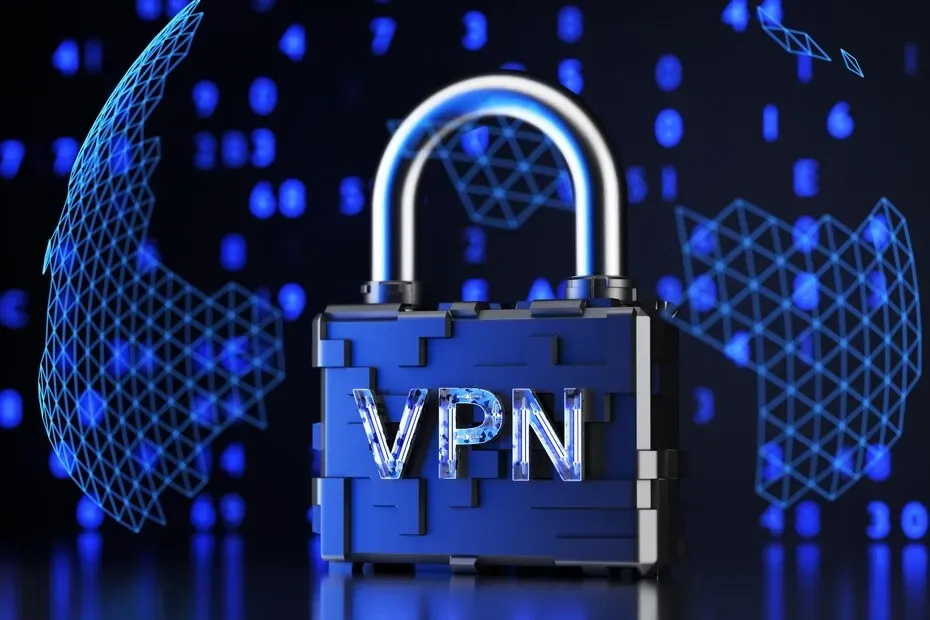
As we conduct more of our daily lives online, issues around privacy and security have become increasingly pressing. One popular solution is the virtual private network (VPN), which encrypts your internet traffic and routes it through remote servers to hide your real IP address. However, not all VPNs are equal.
With so many VPN services out there that provide free VPN service, choosing the best free VPN service is one of the tough decisions. When choosing a reliable provider, what key factors should users consider in 2024?
The Critical Role of Encryption
The foundation for any trustworthy VPN service is strong encryption, used to scramble data to prevent unauthorized access. Look specifically for providers using protocols like OpenVPN, IKEv2/IPsec or the latest WireGuard—these enable a higher degree of encryption than alternatives. Check also their encryption cipher strength, with 256-bit AES considered military-grade. Avoid services lacking robust encryption or transparency around their protocols.
An Ironclad No-Logs Policy
Hand-in-hand with encryption is a strict no-logs policy forbidding a VPN provider from recording user activity. VPNs are increasingly updating policies to limit even technical logs of session times or IP assignments.
Audits by independent cybersecurity firms help validate no-logs claims. Logging policies directly impact user privacy: a 2022 investigation found 84% of free VPNs studied leaked sensitive user data. Prioritize paid services with unambiguous no-logs commitments.
Global Server Infrastructure
For accessing regionally restricted content from Netflix to the BBC iPlayer, users require VPNs with vast global networks. Check available server locations – the more countries covered the better. Hundreds of optimized servers provide enhanced resilience, uptime guarantees, and crucially faster speeds.
Also confirm protocols are supported across the provider’s whole infrastructure, without regional gaps in encryption strength.
Consistent Speed = Streaming & Gaming Uninterrupted
Early VPNs were notorious for throttling connection speeds. But for today’s media consumption and multiplayer gaming, consistent fast speeds are non-negotiable. Benchmark site tests help compare providers, but real-world performance depends on factors like server distance and network congestion. Speed degradation should stay within 10-15% to avoid lags.
Consider too data limits, with unlimited plans enabling HD streaming without interruption.
User-Friendly Apps Across All Devices
Ease of setup and use increases VPN adoption and day-to-day convenience. Seek providers with intuitive apps for Windows, MacOS, iOS and Android devices. One-click connect makes accessing geo-blocked content quick and frustration-free. Some even offer router-level support for blanket household coverage.
If technical know-how is limited, high ratings in app store reviews signal a straightforward getting-started process. For extra assurance, many leaders now provide 24/7 live chat support.
Established Reputation Counts
In a crowded market with over 35 million users worldwide, reputation helps distinguish privacy leaders.
Check expert analyses and users reviews from multiple trusted sources – plus indicators like years in business, customer reviews and public transparency reports detailing requests for user data. Long-running services demonstrate a commitment to upholding privacy standards over time as threats evolve. Avoid newly launched players without an established track record.
Risk-Free Trials & Refund Guarantees
Living up to reliability claims in real-world conditions is the acid test for any VPN provider. An increasing number enable users to “try before they buy” with free trials from 24 hours up to a month. Refund guarantees also provide the option of a no-questions-asked withdrawal of subscription fees soon after purchase.
Of course, financial incentives like multi-year discounts reward longer-term commitments to top-rated brands. Just ensure exit options apply in case performance doesn’t match expectations down the line.
Value for Money on Paid Plans
Yes, free VPNs exist, but experts strongly advise avoiding them for privacy reasons as detailed above. However, paid plans from as little as a few dollars a month bring premium benefits. Aside from enabling strict no-logging policies, paid-for servers also generally deliver faster speeds and greater capacity at peak times.
There’s flexibility too in plan tiers according to the number of devices covered. Given the risks, think of premium VPN spend as like an insurance policy protecting your personal data.
As online privacy concerns show no sign of dissipating in 2023, take the time to research providers who can demonstrate their reliability credentials across all the above fronts. Getting informed helps cut through the marketing hype to uncover VPNs that live up to their promises.
The good news is providers are responding with ever greater transparency, as well as more user-friendly apps and plans. So there’s never been an easier time to enjoy security, unblocking and anonymity benefits via the best free VPN while navigating today’s digital sphere.